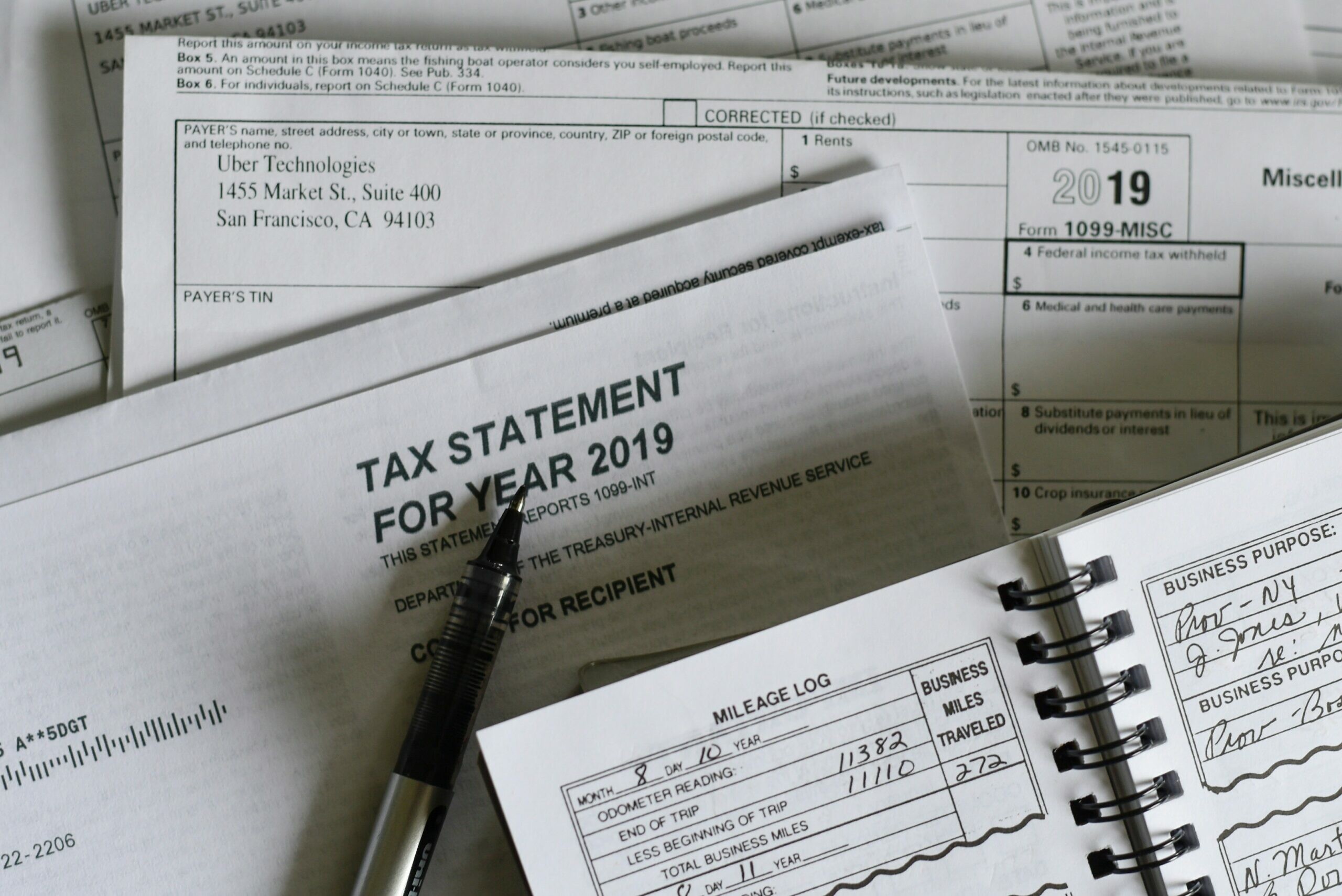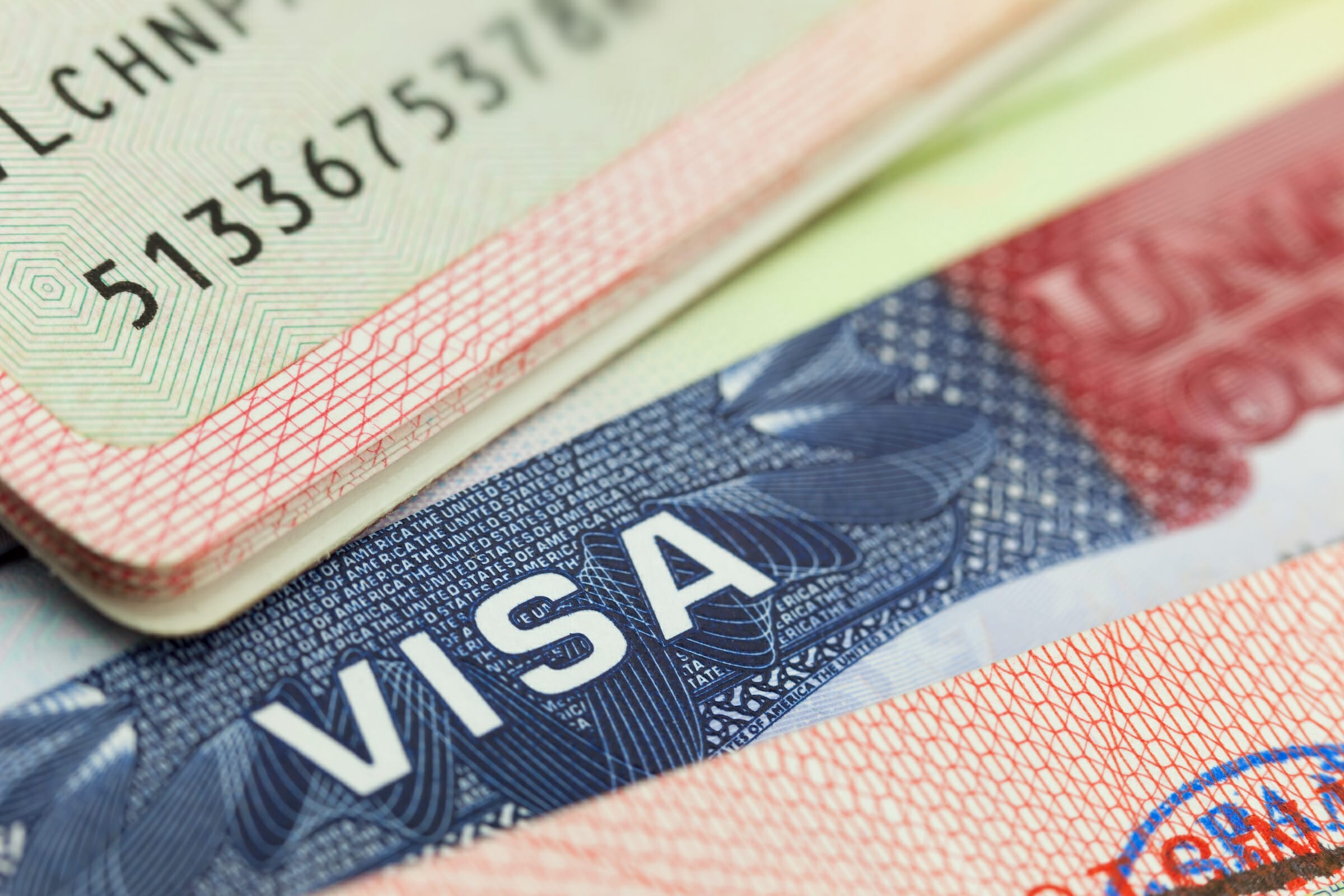Thailand Income Tax. Thailand’s personal income tax hinges on residency. You are a Thai tax resident for a calendar year if you are present in Thailand for 180 days or more in that year. Residents are taxed on Thai-source income and—following new guidance—on certain foreign-source income when remitted to Thailand (explained below). Non-residents are taxed only on Thai-source income.
Foreign-source income: the post-2024 rule
Departmental Instructions Por.161/2566 and Por.162/2566 clarified Section 41 of the Revenue Code. For income derived on or after 1 January 2024, a Thai resident who brings foreign-source “assessable income” into Thailand in any tax year must include it in the Thai tax return for the year of remittance—even if the income was earned in a prior year. Income derived before 1 January 2024 remains under the prior interpretation (taxable only if remitted in the same year it was earned).
Proposed easing (watch this space): draft measures discussed in 2025 would exempt certain remittances made within a limited window (e.g., within the same or next year). These proposals were still subject to approval at the time of writing; rely on enacted rules when filing.
What counts as “assessable income”?
Thai law groups assessable income into eight buckets, including: employment income (wages, benefits, stock options), fees for services, income from intellectual property, interest, dividends, gains on transfers of shares and digital assets (cryptocurrencies/digital tokens), rental income, income from liberal professions, contract work with materials, and business/other income. Most capital gains are ordinary income, but gains from sales of shares on the Stock Exchange of Thailand (SET) (executed on-exchange) are exempt for individuals; similar exemptions apply for certain ASEAN-link trades and specified debt instruments.
Rates and basic computation
After allowable expense deductions (which can be standard percentage deductions or actuals with proof) and allowances (personal, spouse/children, social security, certain insurance, mortgage interest, approved funds, etc.), the progressive resident individual rates are currently:
0–150,000 THB (exempt), 150,001–300,000 (5%), 300,001–500,000 (10%), 500,001–750,000 (15%), 750,001–1,000,000 (20%), 1,000,001–2,000,000 (25%), 2,000,001–5,000,000 (30%), over 5,000,000 (35%). Where a taxpayer has non-employment income, a minimum tax rule may apply (0.5% of assessable income).
Withholding tax mechanics
Salary is subject to Pay-As-You-Earn withholding. Certain investment or service payments face final or creditable withholding at statutory rates. Domestic dividends to individuals may carry a tax credit mechanism for underlying corporate income tax; foreign tax credits are allowed only if a double tax treaty permits.
Filing and payment timeline
Thailand’s tax year is the calendar year.
-
Annual return (PND.90/91): 31 March (paper); 8 April if e-filing (the Revenue Department grants an 8-day e-filing extension through 31 January 2027).
-
Mid-year return (PND.94) for income in categories such as business/professional/rental (Jan–Jun): 30 September (paper); 8 October (e-file). Tax paid mid-year credits the final bill.
Double Tax Agreements (DTAs)
Thailand maintains a broad treaty network (now 60+ agreements) that may reduce withholding on cross-border dividends, interest, and royalties and allow foreign tax credits under treaty conditions. Consult the Revenue Department’s DTA portal for treaty texts and administrative guidance; do not rely on outdated counts—check the specific treaty that applies to you.
Corporate income tax and context
Standard CIT is 20% (with SME incentives in specific cases). Thailand is advancing BEPS 2.0 (Pillar Two) for large multinationals; corporate details sit outside personal filing, but they inform dividend credit calculations and investment planning.
VAT snapshot (useful for freelancers and businesses)
Standard VAT remains 7%, with the reduced rate extended beyond 2024 by Cabinet decision. Overseas digital service providers with Thai revenue over the threshold must register/collect VAT. Reverse-charge and digital platform rules may affect Thai recipients and platforms.
Practical scenarios
1) Remote employee paid by a foreign company
-
If you are resident (≥180 days): your employment income for work performed in Thailand is Thai-source and taxable in Thailand regardless of where it is paid. If you also receive foreign-source investment income and remit it to Thailand in 2025, it is taxable here if the income was derived on/after 1 Jan 2024; pre-2024 income remitted in 2025 falls under the old rule and is generally outside Thai tax (but retain documentation). Check applicable treaty relief if tax was withheld abroad.
2) Individual investor
-
SET-listed share gains realized on-exchange are exempt for individuals; dividends from Thai companies may attract withholding with a gross-up and credit option on the annual return. Bond/debenture gains can be taxed at 15% final WHT if you opt for final tax treatment instead of the progressive scale. Crypto/digital-token gains are assessable income and must be reported.
3) Small landlord or professional
-
Mid-year PND.94 filing applies (Jan–Jun income), with standard expense deductions (or actuals with proof), then final reconciliation in the PND.90. Missing mid-year can trigger surcharge/penalties; e-filers benefit from the 8-day automatic extension.
4) Moving funds from overseas
-
If you plan to remit savings accumulated before 2024, current guidance points to no Thai tax on remittance (document the source and timing). For income earned in 2024 or later, remittance in any year triggers taxation in the year remitted under Por.161/162—unless future, enacted law provides a specific grace window. Track policy developments carefully.
Compliance tips grounded in the Code
-
Residency logbook: Keep precise travel day counts (to evidence the 180-day test) and maintain bank statements showing when foreign income was derived and when it was remitted—critical under Por.161/162.
-
Categorize income correctly: Map receipts to the eight assessable categories and apply the correct standard deductions vs. actuals; misuse can cost you allowances or trigger audits.
-
Use the e-filing window: Plan around 31 March/8 April (final) and 30 September/8 October (mid-year) to avoid surcharges; the 8-day e-filing extension is confirmed through 31 January 2027.
-
Treaty check before foreign credits: Thailand does not grant unilateral foreign tax credits; you need treaty authority. Consult the RD treaty page and the specific DTA.
Bottom line
For 2025, the most consequential shift is the treatment of foreign-source income remitted by residents under Por.161/162 (with limited grandfathering for pre-2024 income). Combine accurate residency tracking, tight documentation of source/remittance dates, correct category deductions, and timely e-filing to remain compliant and optimize outcomes. Monitor any enacted change to remittance windows before altering your remittance pattern.





